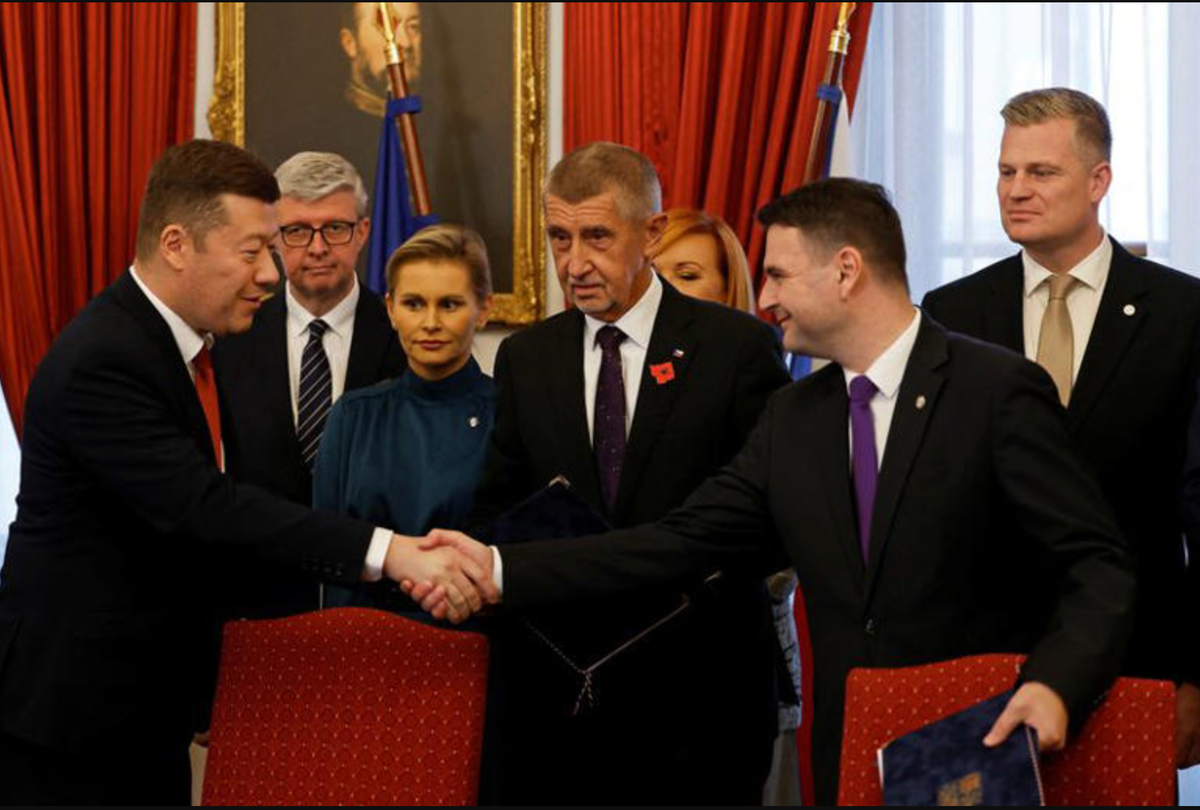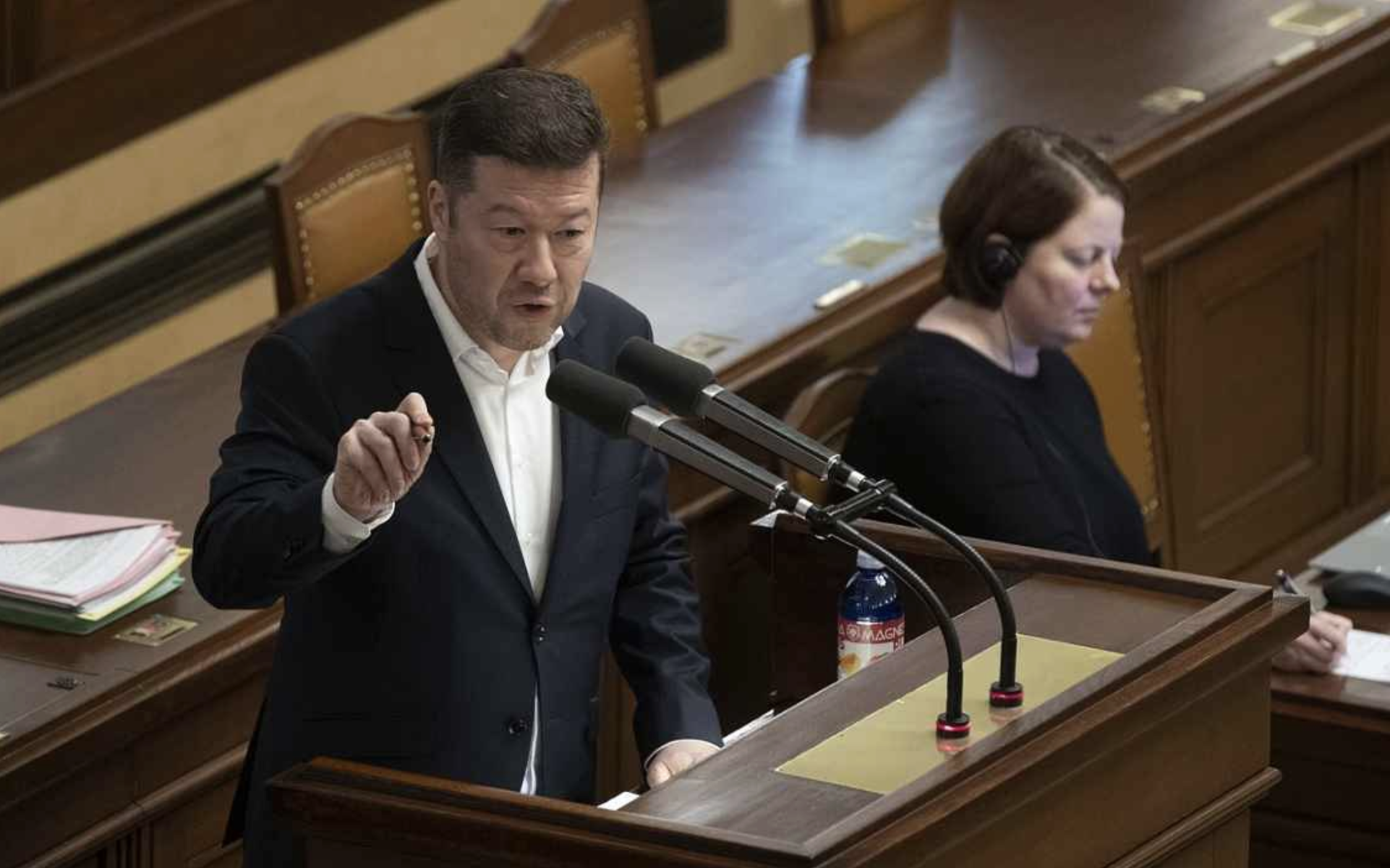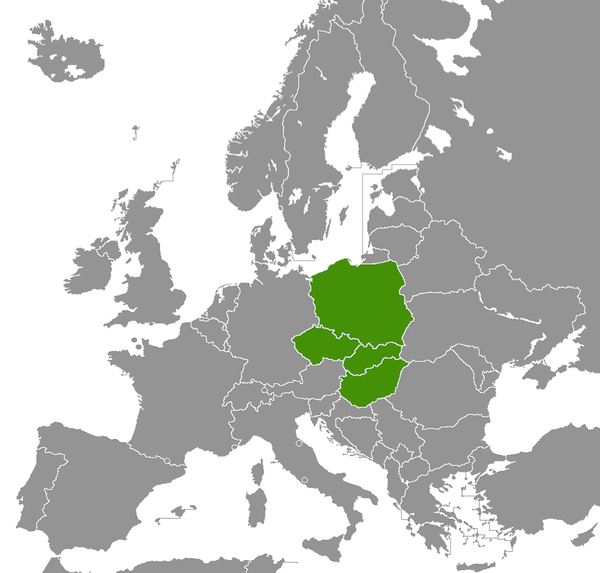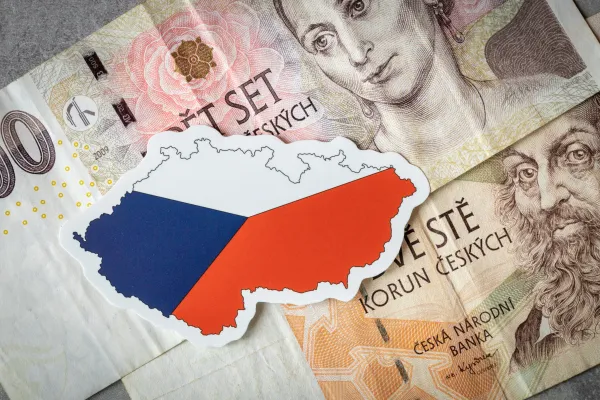
Between Brussels and Budapest: the new Czech government’s pragmatic populism
Andrej Babiš’s ANO movement returns to power in coalition with nationalist allies, promising social protection, lower energy prices, and a tougher stance toward Brussels. While echoing Hungary’s populist model, the new government remains anchored in NATO and the EU — a careful balancing act between pragmatism and sovereigntist policy.
The Czech Republic is entering a new political era. Following the October 3–4, 2025 parliamentary elections, former Prime Minister Andrej Babiš and his populist movement ANO 2011 have regained dominance — winning roughly 34.5 percent of the vote and 80 seats in the 200-member Chamber of Deputies. Though short of an outright majority (101 seats), Babiš has successfully finalized a coalition with Tomio Okamura’s Freedom and Direct Democracy (SPD) and the Motorists for Themselves party. The three parties signed their coalition agreement on November 3, 2025, coinciding with the inaugural session of the new Chamber of Deputies. Together, they are expected to command a working majority and form a government by mid-December.
Economic frustration fuels Babiš’s comeback
Voters turned sharply against Petr Fiala’s outgoing center-right government, frustrated by rising inflation, slow post-COVID recovery, stagnating wages, and a controversial plan to raise the retirement age to 67. Andrej Babiš seized on this discontent during the campaign, pledging tax cuts, higher pensions, and to restore the retirement age to 65, reversing Fiala’s reform.
One of Babiš’s flagship economic promises was to lower household energy prices — summed up in his slogan “cheap energy for all.” The pledge closely echoes Hungary’s “utility-reduction” policy, though the exact mechanism has not yet been specified. According to recent statements, the incoming coalition intends to transfer renewable-energy levies from citizens to the state budget, reduce the regulated component of electricity bills, and block new green or CO₂-related taxes. Rather than imposing direct price caps, Babiš aims to exert greater state control over tariffs through expanded ownership of ČEZ, the partly state-owned energy giant.
Babiš also vowed to shield domestic industry and to prioritize Czech interests within the EU rather than outside it. His campaign tone was critical of Brussels and migration policy but stopped short of outright Euroscepticism. Overall, ANO’s platform blended social spending and economic protectionism with national-sovereignty rhetoric — a mix that resonated with voters weary of inflation and stagnation.
The 2025 election meanwhile confirmed a historic collapse of the Czech left. Both the Social Democrats (ČSSD) and the Communists (KSČM) again failed to enter parliament, while Miloš Zeman’s new left-populist alliance also fell below the threshold. For the first time since 1989, no traditional left-wing or far-left party sits in the Chamber of Deputies. Czech politics has now polarized into two rival camps: pro-Babiš and anti-Babiš.
A populist coalition with diverging tones
The emerging coalition is national-conservative and populist, but its three partners differ significantly in tone and emphasis.
ANO 2011, led by Babiš, represents the most moderate voice in the alliance. While sceptical of Brussels’ policies, ANO seeks to defend Czech interests from within the EU, not to leave it, and it reaffirms the country’s anchoring in NATO.
SPD and Motorists for Themselves, by contrast, are openly Eurosceptic. SPD has long advocated a referendum on EU and NATO membership, a stance that alarmed pro-Western observers. However, the coalition agreement explicitly rules out any such referendum, underlining that Czechia’s memberships in both the EU and NATO are non-negotiable. The Motorists party opposes the planned 5 % increase in defence spending and rejects the adoption of the euro, positions that mirror wider public opinion. Surveys show that roughly two-thirds of Czechs also oppose joining the eurozone.

This internal diversity means ANO will likely act as a balancing force, tempering its partners’ radical impulses while preserving Czechia’s economic and diplomatic ties. According to ANO deputy chair Karel Havlíček, “there are no disagreements left” among coalition partners. The coalition program and agreement was presented and signed on November 3, coinciding with the inaugural session of the new parliament.
Foreign policy: the Visegrád revival
Babiš’s victory also signals a revival of the Visegrád Group (V4) — the Central European bloc of Hungary, Poland, Slovakia, and the Czech Republic.
After meeting Slovakia’s interior minister, Babiš declared that Prague and Bratislava should “again proceed together” and “restore the functioning of the V4.” Slovakia’s Prime Minister Robert Fico and Hungary’s Viktor Orbán, both his close political allies, share this vision.
With Hungary currently holding the V4 presidency (July 2025 – June 2026) under the motto “Competitive Visegrad,” the bloc’s reactivation could strengthen a Central European conservative axis within the EU — united by opposition to migration quotas, climate policies, and deeper European federalization.
While SPD and Motorists favour a more isolationist stance, ANO remains committed to NATO and international cooperation. Nevertheless, the new government is expected to scale back support for Ukraine and adopt a more nationalist, transactional tone in foreign policy — aligning Prague more closely with Budapest and Bratislava.
Pavel rules out any government questioning NATO or EU Alignment
President Petr Pavel has tasked Andrej Babiš with forming a new government, though he has not yet formally appointed him as Prime Minister. Pavel has made clear that he will reject any ministerial nominees who question Czechia’s commitments to the EU or NATO, underscoring his intention to safeguard the country’s Western orientation amid a shifting political landscape.
Until the new administration is confirmed, Petr Fiala’s outgoing cabinet continues to govern in a caretaker capacity. The planned 16-member cabinet is expected to include nine ministers from ANO, three from SPD, and four from Motorists for Themselves, reflecting the coalition’s internal balance between moderate populism and harder Eurosceptic forces.
The Czech politics remain highly volatile, shaped by an almost continuous cycle of local, Senate, and European elections that keeps parties in permanent campaign mode. This relentless electoral rhythm leaves little space for long-term policy planning and amplifies the populist tone that now dominates Prague’s political scene.





